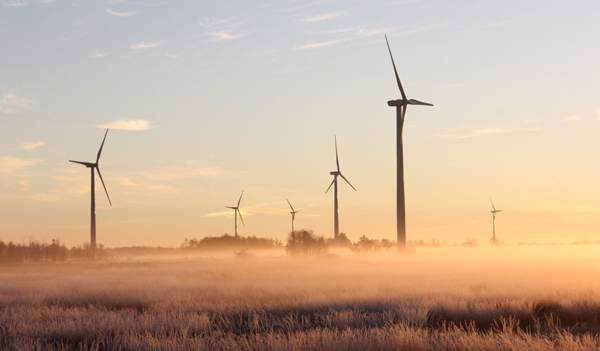
International Mother Earth Day (April 22nd) is surrounded by a full month of activism calling for broader innovation and bolder action to achieve a sustainable future. In that sense, we want to use this occasion to outline some of the ways in which the Internet of Things (IoT) can act as an ally to a greener planet.
1. Help achieve food security and promote sustainable agriculture
Using sensors, IoT allows smart farming to constantly monitor ambient and field data, as well as environmental conditions and changes. This makes it possible to: 1) reduce waste by using resources in an efficient manner; 2) minimize treatment and environmental impact; and 3) ensure high yields.
Did you know?
That, changing climate and declining water supply is increasing pressure in food security. And still, according to the Food and Agriculture Organization, world food production will need to increase 50% by 2050.
Expert tip
Implementing IoT solutions helps the farming industry to improve productivity and allows it to operate with less environmental impact.
2. Assist in reducing health impacts from polluting substances
Both indoors and outdoors, IoT can be used to prevent major health issues by continuously monitoring air quality and finding the presence of pollutants in the air. This provides decision-makers with prompt actionable data.
Did you know?
That, the World Health Organization estimates air pollution inside and outside the home to be responsible for about 7 million premature deaths worldwide.
Expert tip
Implementing an IoT solution in classrooms or shared working spaces supplies decision-makers with real-time data. This allows them to make timely decisions that can contribute to better learning and efficiency, while minimizing future health risks.
3. Help ensure water availability and its sustainable management
IoT technology can help prevent water wastage and create more sustainable water management systems. It can be implemented —for example— to monitor patterns of water flow to detect leaks on time, thus allowing for immediate corrective action.
Did you know?
That, on average, 85% of properties waste 35% of their water consumption through leaks. At the municipal level, pipe leaks can account for 20-30% of total drinking water.
Expert tip
Implementing an IoT solution can also help measure PH levels, oxygen levels and contaminant components in the water. Thus, reducing the risk of water pollution and the impact on the environment.
4. Support energy efficiency and its sustainable use
Through sensors, data, and alerts, IoT can help us manage and keep the correct energy usage —for example, in office buildings and houses— to achieve goals like carbon neutrality without affecting any comfort or quality of living.
Did you know?
That, 76% of our worldwide CO2 emissions come from energy use (31.9% from heat and electricity).
Expert tip
Implementing an IoT solution can help us diminish our carbon footprint by supplying us with information that shows how to efficiently use electrical appliances, heating and conditioning systems.
5. Help with the sustainable management of waste through its life cycle
IoT can help municipalities and cities create a more efficient and sustainable waste industry by providing data about patterns and behaviors of people. This contributes to the planning of efficient operations, thus becoming more sustainable. The “smart waste management” plans can include —for example— emptying schedules that respond to behavioral patterns, and route optimizations to reduce fuel consumption of trucks.
Did you know?
That, by 2050 the United Nations estimates that 68% of the world population will live in an urban area, increasing the solid waste 70%.
Expert tip
Implementing an IoT solution can help tackle the challenge of using collecting schedules that are not aligned with actual demand.
The information above presents just five ways in which IoT can help sustainability goals. Nonetheless, due to their flexible nature IoT solutions can be applied in countless ways to help our planet.
Do you want to know what IoT can do for you in achieving your sustainability goals? Contact us at info@evalan.com.
Or book a meeting here: